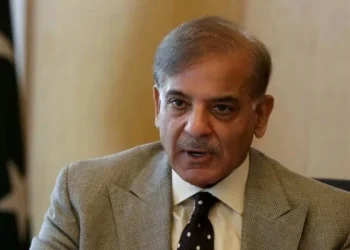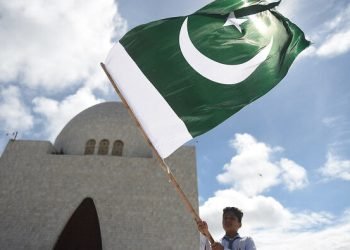India’s Ministry of Defence has firmly rejected claims by former U.S. President Donald Trump that Washington played a decisive role in halting military hostilities between India and Pakistan earlier this year. The statement comes amid growing scrutiny over the events surrounding the four-day conflict in May, which followed the 22 April terrorist attack in Pahalgam, Jammu and Kashmir, that killed 26 tourists.
During a parliamentary session on Monday, Indian Defence Minister Rajnath Singh dismissed the assertion that India succumbed to international pressure, calling such claims “completely incorrect and baseless.” Singh emphasized that “India halted its operations only after achieving all pre-set military and political objectives.”
According to Singh, the decision to end “Operation Sindoor”, a series of retaliatory strikes carried out by Indian forces in response to the Pahalgam attack, came after a direct request from Pakistan’s Director General of Military Operations (DGMO). Singh claimed that the Pakistani DGMO “pleaded for relief,” following which Indian armed forces paused further action. Islamabad has not publicly responded to this assertion.
The confrontation in May marked the most intense military escalation between the two nuclear-armed neighbors in decades. Both sides reported casualties, and Pakistan claimed it had downed five Indian fighter jets and a drone. Singh denied these claims, stating that India’s air defense systems successfully intercepted all hostile projectiles and that no Indian military infrastructure was damaged during the exchange.
Singh further stated that over 100 terrorists, handlers, and trainers were killed during the Indian operation, which targeted nine “terror infrastructure sites” across Pakistan and Pakistan-administered Kashmir in a coordinated 22-minute assault. He stressed that the purpose was to “bring justice to the families affected by the Pahalgam attack” and to eliminate what he described as “terror nurseries raised by Pakistan over the years.”
Opposition lawmakers pressed the government for more clarity on casualty figures and Pakistan’s claims of aerial success, but Singh maintained that India had achieved tactical and strategic success during the limited conflict.
In his concluding remarks, Singh warned that any future aggression from Pakistan would be met with similar or stronger military responses. He reiterated that India reserves the right to act in self-defense and would not hesitate to resume operations if provoked.
Earlier the same day, the Indian army reported the killing of three militants in Indian-administered Kashmir during a gunfight. Indian media speculated that the deceased were linked to the April attack, though authorities have yet to officially confirm this. Investigators have previously stated that the attackers were Pakistani nationals affiliated with Lashkar-e-Taiba, a group banned by the United Nations.







